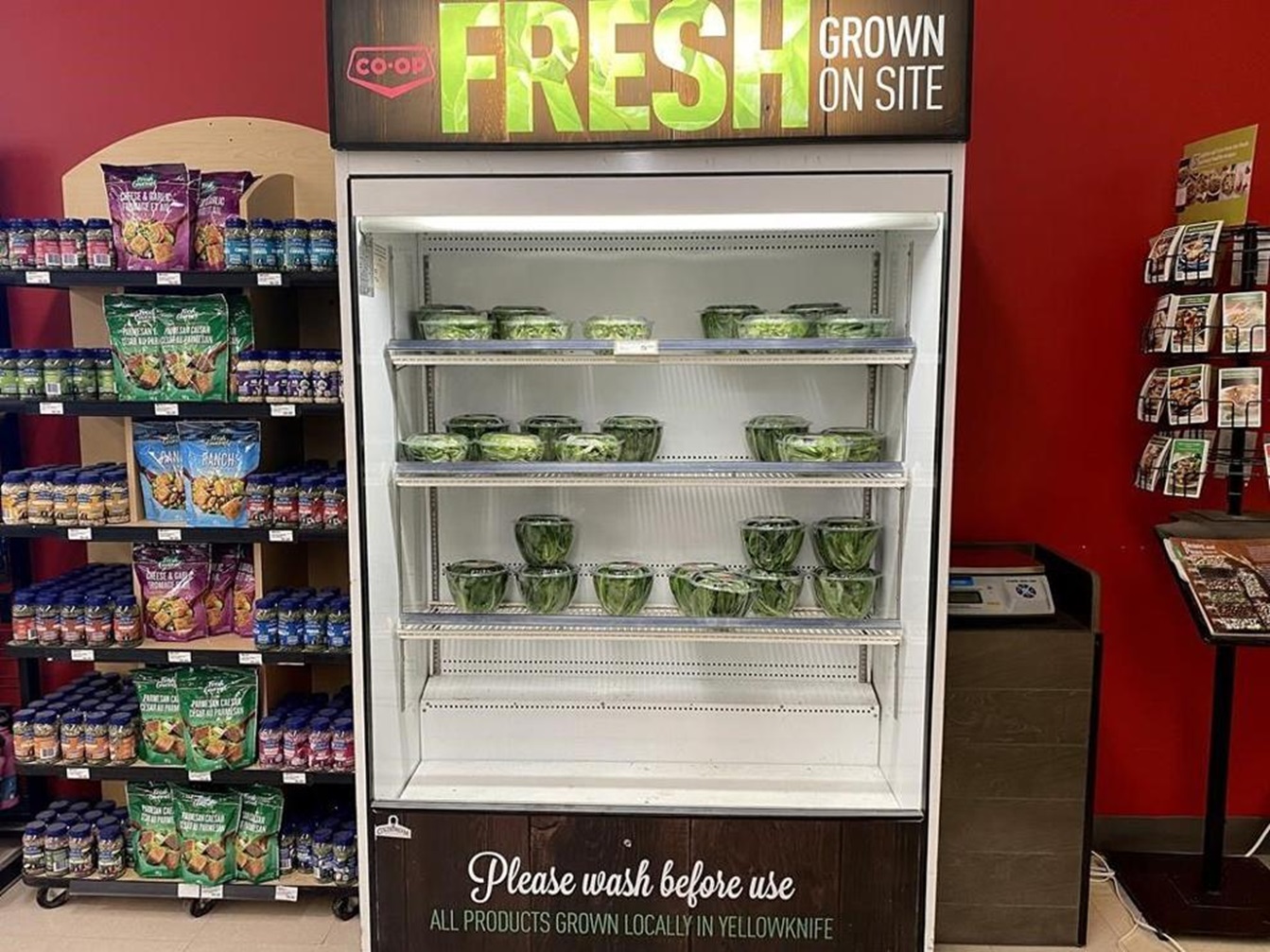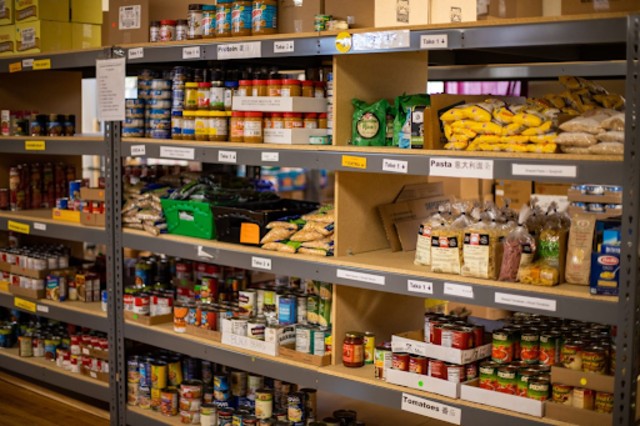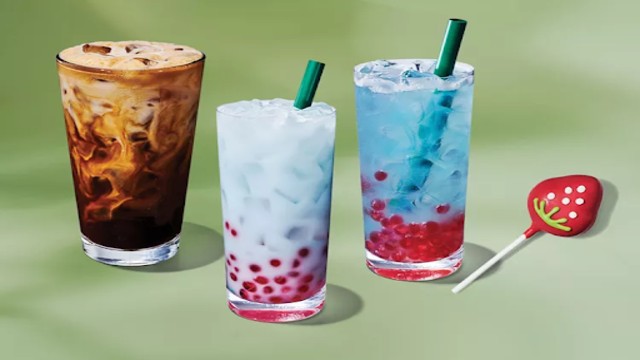
Fresh produce, grown in a converted shipping container behind the store, is seen for sale at a Co-Op in Yellowknife, Thursday, June 29, 2023. In December 2022, the federal government announced $19.5 million in support for up to 79 new projects across the country related to food security in Indigenous, remote and Northern communities as part of the fourth phase of the Local Food Infrastructure Fund. THE CANADIAN PRESS/Emily Blake
Greenhouses are gaining popularity in northern communities as a means to supplement available groceries and enhance food security. In regions like Inuvik, N.W.T., innovative approaches such as hydroponics are being employed to grow produce without soil. The Inuvik Community Greenhouse, for instance, utilizes a hydroponic trailer with around 2,000 spaces for year-round cultivation of leafy greens and herbs, supporting local programs like the veggie box initiative and contributing to the food bank.
Hydroponic technology is also being embraced in Yellowknife, where a fully automated greenhouse, converted from a sea can, has been operational since February 2019. This hydroponic greenhouse, located behind the Yellowknife Co-op, produces between 200 and 300 packages of greens and herbs weekly. Jeff Kincaid, the business development manager at the Co-op, emphasizes the benefits of hydroponic farming, noting that the quick availability of freshly harvested produce provides a superior product compared to items transported over long distances.
The Co-op's hydroponic greenhouse was designed by Growcer, a modular farming company dedicated to increasing the accessibility of local produce in various Canadian communities. Corey Ellis, the co-founder and CEO of Growcer, shares the company's commitment to capacity-building and training through numerous projects, having installed approximately 75 vertical farms across the country.
Despite the growing popularity of high-tech growing solutions, some experts express reservations about their suitability for remote communities. Andrew Spring, an assistant professor at Wilfrid Laurier University and a Canada Research Chair in northern sustainable food systems, raises concerns about the challenges of repairing high-tech systems in remote locations where replacement parts may need to be sourced from afar. Additionally, he highlights the limited scope of hydroponics, which mainly supports the cultivation of greens, emphasizing the need for heartier produce with longer shelf lives to address food insecurity effectively.
Kincaid from the Co-op in Yellowknife acknowledges that while hydroponically grown greens don't replace southern-sourced food, they provide a valuable supplement to the local food supply. The discussion around innovative farming methods in these northern communities reflects the ongoing efforts to enhance food security and resilience in the face of unique challenges.















